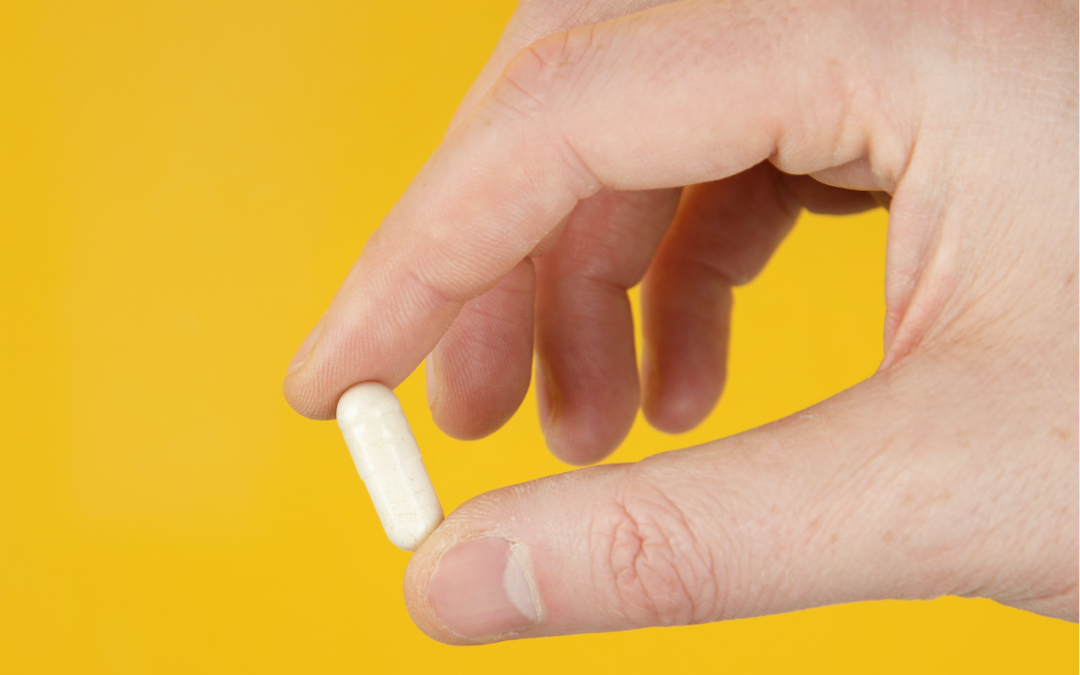Do You Vitamin D2 or Vitamin D3?
You may be wondering how much Vitamin D you need in a nutritional supplement and the best form to take. There are two forms, Vitamin D2 and D3, that you should know about. The following FAQ about Vitamin D nutritional supplements is a good place to start; your holistic health practitioner can answer more specific questions about your individualized needs.
What is the difference between the two forms of Vitamin D, D2 and D3?
Vitamin D can mean either Vitamin D2, Vitamin D3 or a combination of both. Vitamin D2 (ergocalciferol) is found naturally in sun-exposed mushrooms, fortified foods and dietary supplements. Vitamin D3 can be found in oily fish, liver, egg yolk, butter and dietary supplements. Humans can make Vitamin D3 (cholecalciferol) when exposed to the sun so it is considered the most “natural” form. If there’s not enough sunlight exposure, there won’t be enough natural Vitamin D produced in the body and supplementation will be needed.
Which form of Vitamin D should I take?
Both types seem to raise blood levels of Vitamin D, however, research currently indicates that D3 is superior to D2 in raising levels as it works more quickly and efficiently in the body. More extensive research is needed to ascertain if this holds true across all populations of people (age, sex at birth, skin tone, and lifestyle habits).
At this time, the form of Vitamin D recommended by medical associations does not distinguish between D2 or D3. However, research literature indicates that D3 is superior and it is the form usually suggested by holistic health practitioners. At Indigo Health Clinic, we recommend and use Vitamin D3. Some, but not all, manufacturers will identify which form is present in a supplement. It is possible that taking a combination of D2 and D3 may be appropriate for some people but this is a conversation to have with your practitioner.
How much Vitamin D should I take?
The answer to this question varies by age, stage of life (infancy, childhood, teens, adult years, older adult years), sun exposure, skin tone, and by health status. The National Institutes of Health has not adjusted Vitamin D recommendations in a very long time. Holistic health practitioners, and a growing number of conventional medicine physicians, recommend much higher doses than the 600 IU daily that is currently suggested. At a minimum, some doctors recommend 2,000 IU and up to 5,000 IU. Again, this will vary by the factors already mentioned, as well as how much natural sun exposure you receive each day.
If you are levels of Vitamin D are very low then we have to work quickly to get them up as Vitamin D is anti-carcinogenic and needed for a well-functioning immune system. For such cases at Indigo Health Clinic, we recommend Vitamin D3 Plus 50,000 IU once weekly and Vitamin D3 Base K2 5,000 IU per day the rest of the week. Some patients may prefer a Vitamin D3 injection as well. We also monitor liver function during Vitamin D3 therapy.
Can I take too much Vitamin D?
Yes, you can take too much Vitamin D and the effects of this are significant. Vitamin D toxicity can cause blood calcium to spike, resulting in a condition called hypercalcemia. This can cause dizziness, fatigue, palpitations, confusion, nausea, vomiting and painful GI tract symptoms. Although Vitamin D toxicity is rare, it is something to be careful about. Always let your healthcare providers know the type and amount of nutritional supplements you are taking.
REFERENCES
- Shieh, Albert et al. “Effects of High-Dose Vitamin D2 Versus D3 on Total and Free 25-HydroxyVitamin D and Markers of Calcium Balance.” The Journal of clinical endocrinology and metabolism vol. 101,8 (2016): 3070-8. doi:10.1210/jc.2016-1871
- Nair R, Maseeh A. Vitamin D: The “sunshine” vitamin. J Pharmacol Pharmacother. 2012;3(2):118-126. doi:10.4103/0976-500X.95506






